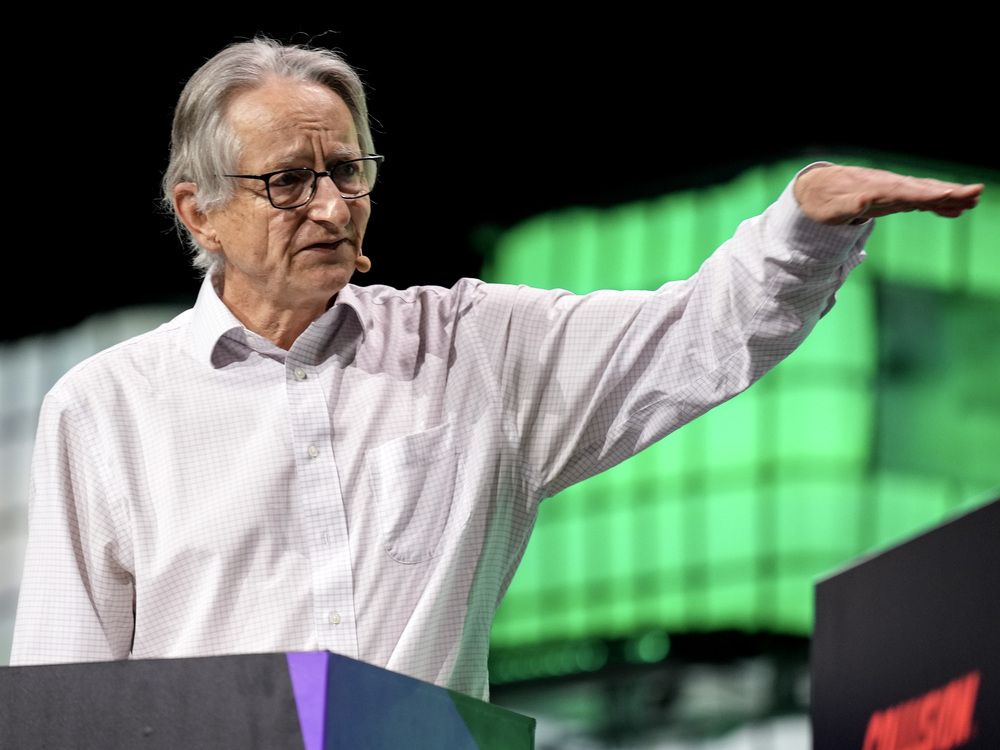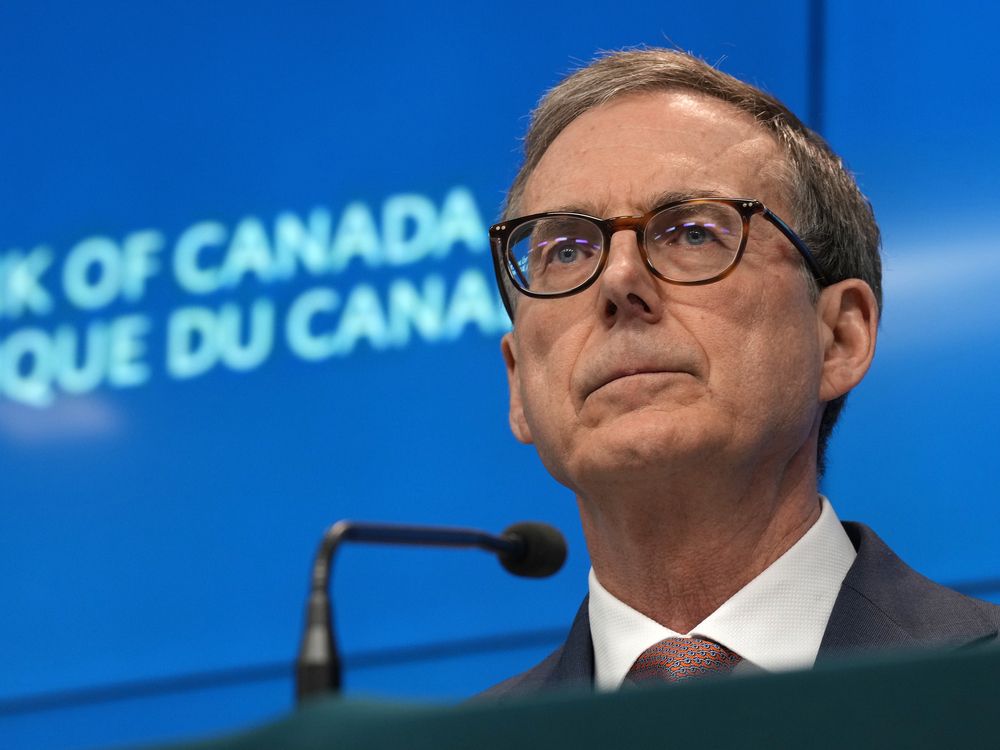Canada risks losing its early advantage in
artificial intelligence
because businesses are adopting the technology too slowly, according to
Geoffrey Hinton
, a Canadian scientist commonly known as the ‘godfather of AI’ for his seminal work on artificial neural networks.
“(Canada) has got one big disadvantage, which is that … most Canadian industry is very conservative,” Hinton said Wednesday at an event during Toronto Tech Week. “They’ve been bad at taking up AI and educating employees. That’s a big problem.”
Though Hinton commended the Canadian government for getting good value for its funding of AI research and development, he said the country would have a hard time staying on the cutting edge of the technology given the vast sums that countries such as the U.S. and China are putting into AI.
“If you could somehow get the leaders of the big companies in Canada to be less conservative and say, ‘Look, there’s a revolution coming,’” he said, it would help maintain our advantage.
Prime Minister Mark Carney
and Evan Solomon, his recently-appointed minister of AI and digital innovation, have pledged to continue the previous Liberal government’s $2-billion package to build data centres and Canada’s AI computing power. Ottawa has also promised policies to help businesses adopt AI and to implement the technology on Parliament Hill to make federal government more efficient.
Earlier this week, Solomon said the government is working on an updated, light touch AI regulatory framework, and vowed that Ottawa will champion homegrown AI companies.
Hinton, a professor emeritus at the University of Toronto, was awarded the 2024 Nobel Prize in physics. At Wednesday’s event, which was co-presented by the university, he also reaffirmed his view that AI is developing much faster than anticipated and that intelligent AI poses an existential threat to humanity.
“The existential risk (is when) these things take over.… In maybe five years time, AI will be inventing its own cyberattacks,” he said, noting that shorter term risks included rogue actors using the technology to corrupt elections, advance fascism and monitor mass populations.
Hinton argued that the “only counter-pressure” to
Big Tech
firms lobbying governments for watered-down AI regulations is going to come from the public. “The public … need to understand that this stuff is dangerous and it needs to be regulated.”
Hinton shared the stage Wednesday with Nick Frosst, the co-founder of Cohere Inc., Canada’s largest AI startup, who painted a more optimistic picture of the prospects for AI in Canada.
“Canadian businesses have been slower to adopt (AI), but I’m beginning to see that change,” Frosst said. “We invented this technology, so Canada has every right to be a leader in it. We need to continue to develop it.”
Frosst agreed that the technology poses certain risks to society, such as exacerbating misinformation, income inequality and job displacement, but said fears that AI tools could be used to help create malicious tools like biological weapons were overblown.
“There will be consequences (that) will affect the
job market.
I think that (large language models) stand to automate 20 per cent or 30 per cent of everybody’s job when they’re sitting in front of a desk. But I don’t think we will see … massive replacement … in the next ten years, because there’s still a lot of things that people can do that LLMs can’t do,” Frosst said.
AI’s potential to transform industry and society means that countries need to “built robust social systems,” he added.
“(This) is something we do pretty well in Canada. But we need to make these stronger. (And) we need to think about educating people so they understand how the technology works and how it can work for them, and to build other social employment nets.”
‘Godfather of AI’ warns Canadian companies are adopting the technology too slowly
2025-06-26 12:55:11





